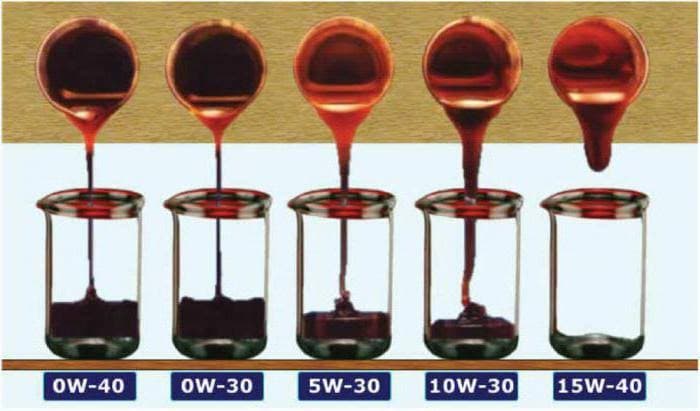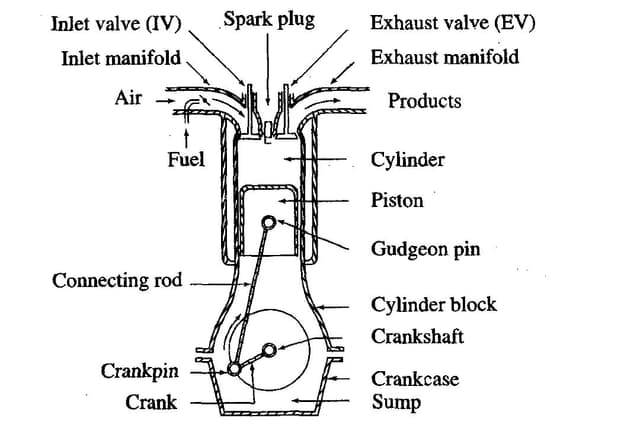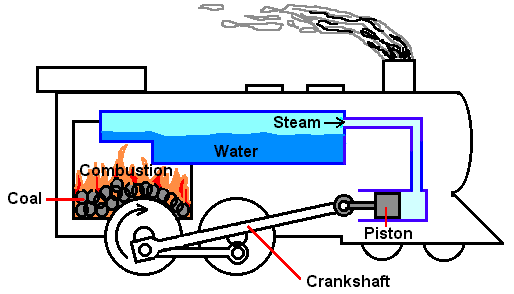Viscosity
What is Viscosity

Bablu Yadav
Posted in Automobile Engineering
.
What is Viscosity
Viscosity is a very important characteristic of oil which are used in automotives. Viscosity is a measure of its fluidity, which among other things, affects the thickness of the oil film and the fuel consumption of the vehicle. The ambient temperature in the area where the truck is used, determines which viscosity is recommended.
The SAE viscosity grade classifications are divided into two systems:
- Engine oil classifications
- Transmission oil classifications
It is therefore always important to know within which system the viscosity grade is specified. As an example, an engine oil with viscosity grade SAE 40 has roughly the same viscosity as a transmission fluid with a viscosity grade SAE 90. In both systems, a higher figure means higher viscosity. There are viscosity diagrams available for various components, which show which viscosity Volvo recommends for each component respectively, see example below. Engine oil classifications09.




